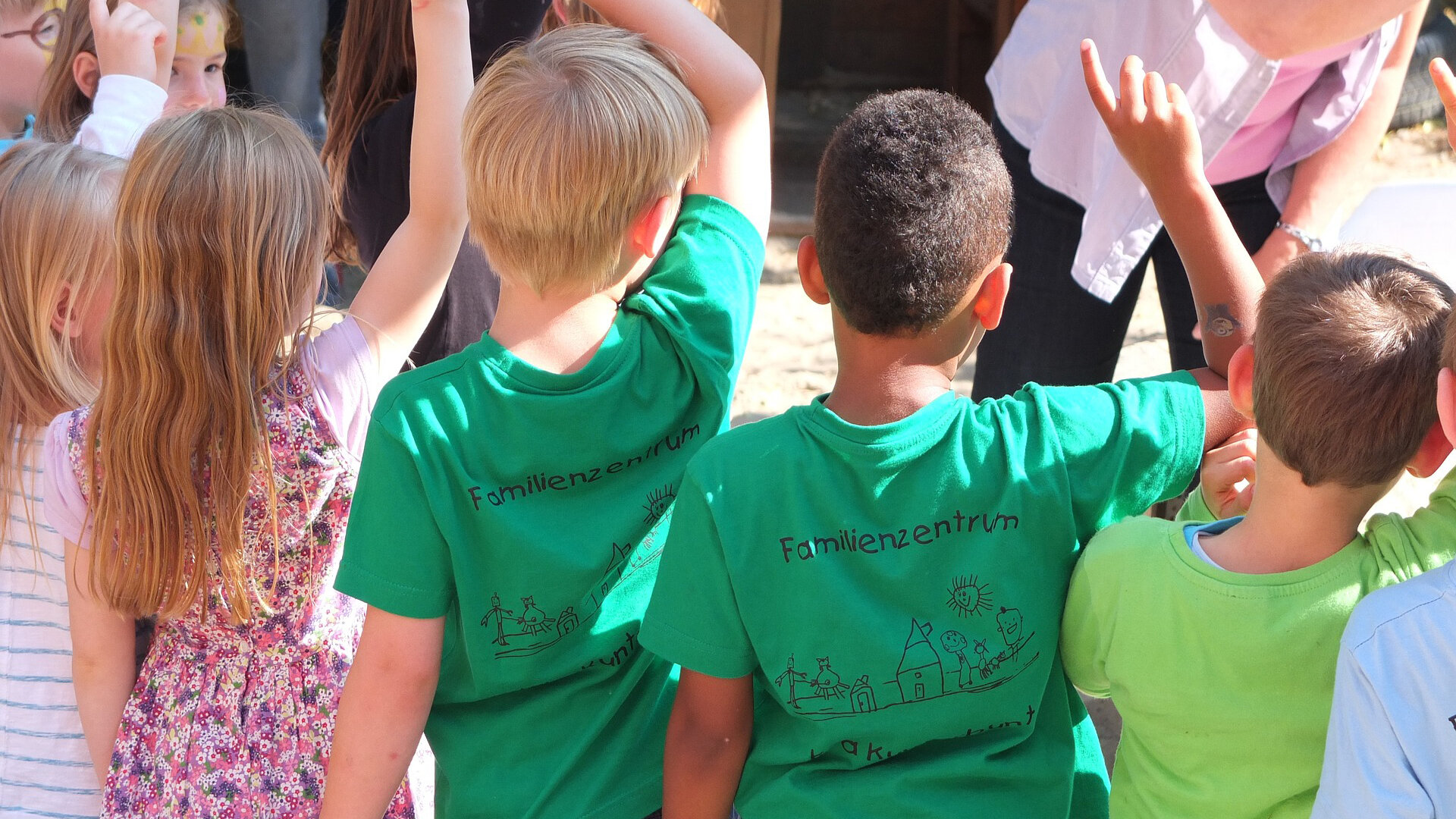Structures > Guiding principles and procedural principles
Principles of participation in child and youth services
Social Code Book 8 operationalises the provisions of the Basic Law, on human rights and the rights of the child, especially with regard to participation.
- Children and adolescents have the right to an upbringing as an independent, responsible and socially competent individual.
- Children and adolescents must be able to participate in all decisions that affect them.
- Children and adolescents have the right to air grievances about violations of their rights without the fear of sanctions.
But: rights of participation are tied to the maturity of the child or adolescent. Child and youth services thus has to balance respecting the participation rights of children and adolescents against imposing paternalistic restrictions.
Notes
Children and adolescents are entitled to participate in decisions pertaining to their own lives and the structure of child and youth services in individual facilities and in society. This is understood as a right of participation, i.e., the right to participate in decision-making.
In describing the right of young people to an upbringing as an independent, responsible and socially competent individual, Article 1 of Book 8 of the Social Code (SGB VIII) speaks to the connection between autonomy and "social competence". In a democratic society, this refers to their right and responsibility to participate in and co-shape society.

This right to autonomy means children and adolescents must be involved in all decisions by public-sector child and youth services that affect them. This must be in consideration of their maturity and their growing ability to act independently and responsibly. Article 8 (4) says that the involvement and counselling of children and adolescents in accordance with Book 8 must take place in a manner that is appropriate and understandable.
On the one hand, then, Book 8 generally provides children and adolescents with a strong right to exercise autonomy by helping to determine suitable offerings and support from child and youth services. Taking its cue from the UN Convention on the Rights of the Child, it calls for an age-appropriate structure. Although the UN Convention refers to the requirement to provide age-appropriate services multiple times as a caveat using the wording, "in accordance with the age and maturity of the child", there is no mandate to create age-appropriate forms of participation which align with the decision-making abilities of children and adolescents. This renders young people limited in their ability to exercise their rights, and ultimately places the decision-making power in the hands of experts who judge their respective maturity and, in so doing, can further obstruct rights. SGB VIII thus vacillates between recognising the rights of children and adolescents on the one hand and imposing expertocratic restrictions on these rights on the other.
Given this, constant critical reflection is essential to determine whether and how in individual cases children and adolescents can exercise their rights to participate in and co-shape activities, support services and, where relevant, sovereign tasks of protection in the context of specific services and facilities. Whilst the power to realise these rights lies very much in the hands of youth work professionals, research shows that they do not always comprehensively and competently respect the rights of the children and adolescents with whom they work.
In fact, it is precisely the strong structural power held by the experts which puts young people at risk of an abuse of such power. Book 8 thus also requires suitable procedures to be put in place to safeguard participation by children and adolescents and offer them the opportunity to air their grievances in connection with private matters. In connection with other protective measures, empowering children and adolescents in this way also offers a further opportunity to strengthen them against an abuse of power by youth work professionals. Moreover, they can contact the ombuds office for advice and for mediation and resolution of conflicts in connection with the tasks of child and youth services under Article 2 and their performance by public-sector and non-statutory youth services.
Besides the context of child and youth facilities, children and adolescents have a right to participate in society, i.e., to help decide on the activities of child and youth services, e.g., as part of youth services planning. Youth associations and other youth alliances are entitled to voice and lobby for the interests and concerns of young people in the public and political spheres (Article 4a, Article 78 of Book 8). Young people are treated as members of the democratic society who must weigh in on the services that affect them.
Further reading
- Knauer, Reingard/Sturzenhecker, Benedikt (2016): Demokratische Partizipation von Kindern. Weinheim and Basel.
- Pluto, Liane (2007): Partizipation in den Hilfen zur Erziehung. Munich.
- Wolff, Mechthild (2016): Partizipation. In: Schröer, Wolfgang/Struck, Norbert/Wolff, Mechthild: Handbuch Kinder- und Jugendhilfe. Weinheim/Munich, p. 1050–1066.


